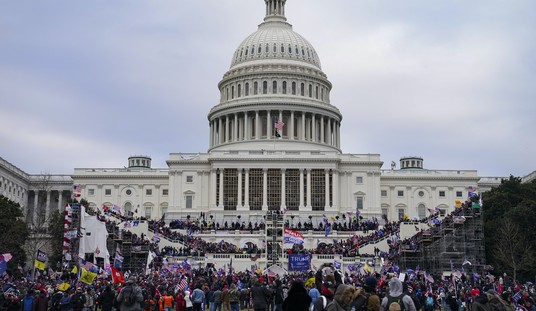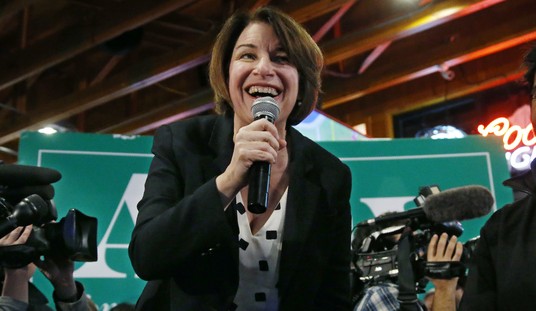If I answered questions the way the DC subway authority answers public concerns, I’d be fired. So it shouldn’t surprise us that we’re seeing far less willingness to give funding, from the jurisdictions the authority serves. We’re on the verge of firing Metro. Here’s how they can fix it.

Subway train riders in the DC area are losing faith in the Washington Metropolitan Area Transit Authority (WMATA). Ridership is dropping and has been for years. It’s falling because everything that can go wrong in the system, is going wrong:
- The train tracks are poorly maintained, with critical “code black” failures being pencil whipped due to lack of procedure, resulting in derailments.
- The train power system is poorly maintained, causing a lethal fire hazard, that’s already resulted in one death last year.
- The train cars are poorly maintained, causing constant breakdowns, resulting in a chronic inability to get riders to where they’re going on time.
- Train control is poorly managed, causing bunched trains, resulting in long service gaps and wasted rider time.
- The elevators and escalators are poorly maintained, causing constant breakdowns, resulting in riders missing trains, and unsafely crowded platforms.
All of these things can be fixed. But whenever anyone asks WMATA about what’s causing these problems, the authority gives the most basic, nearly-tautological answers possible. Superficial surface answers that sound informed, but don’t enlighten.
If I were WMATA, here’s how my day at work would go. My employer’s website get flooded, my boss asks what’s going on, and I say “The website is slow due to an overload. Expect delays.” I’m fired shortly after that. If you give superficial answers that show no introspection, and no effort toward both patching the problem and preventing it from happening again, you earn no trust.
That’s what’s happening with riders. We see things getting worse, not better, over a period of years. We see trains breaking down, derailing, and getting trapped in the thick, choking smoke of track fires. We see the same people staying in charge of all of these processes, with no indications of change. And so we seek alternatives.
Jack Evans and Paul Wiedefeld have taken over as the new Chairman and General Manager of WMATA. They aren’t to blame for us getting into this spot, but they have taken on the responsibility for fixing it. What they need to do is to learn from aerospace and other safety-conscious industries, and do root cause analysis. Don’t just give simple answers to important questions. Don’t throw up your hands, wait for a federal agency to issue corrective actions, then ignore them as WMATA has for years with respect to NTSB directives. Take some initiative, show some curiosity, and figure out what caused the problem.
Only when you know what’s really wrong, can you fix it. Due to my own digging over the last year, I’ve started to piece together that a major problem WMATA has right now with respect to delays and capacity, is poor maintenance of train cars. It turns out a great many cars are left sitting in the yards every day because WMATA hasn’t fixed them. Wiedefeld needs to dig in, identify the hold up, and describe concrete steps that can be taken to fix this.
So many WMATA apologists like to blame a lack of continuously increasing capital funding, for the system’s problems. But hiring the people who run WMATA, including train car maintenance staff, is the single largest expense in the operating budget. And it’s not even close. If train cars aren’t being properly maintained and repaired, that’s a sign the operating budget is not being spent well, and that has nothing to do with capital subsidies from DC, Maryland, Virginia, and the federal government.
Enough excuses. Enough non-answers. Serious people know that it’ll take a while to dig out of the hole WMATA was left in by the previous Chairman and General Manager. But Wiedefeld and Evans need to show they’re at least addressing the problem in a serious and professional way. Show us some root cause analysis. Find the cause of each problem, and keep digging until you find the cause of that cause. And be transparent as this process goes on.
It’s our money. We’re entitled to see how it’s spent. Especially if you want us to keep reloading our Smartrip cards, instead of buying cars and driving into DC.














Join the conversation as a VIP Member